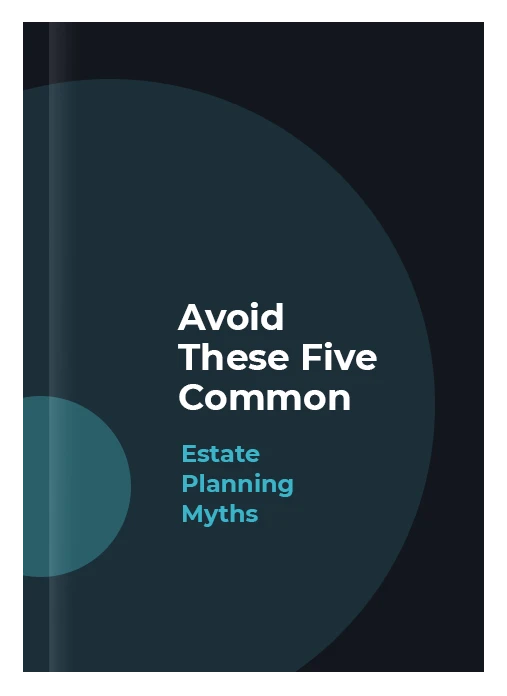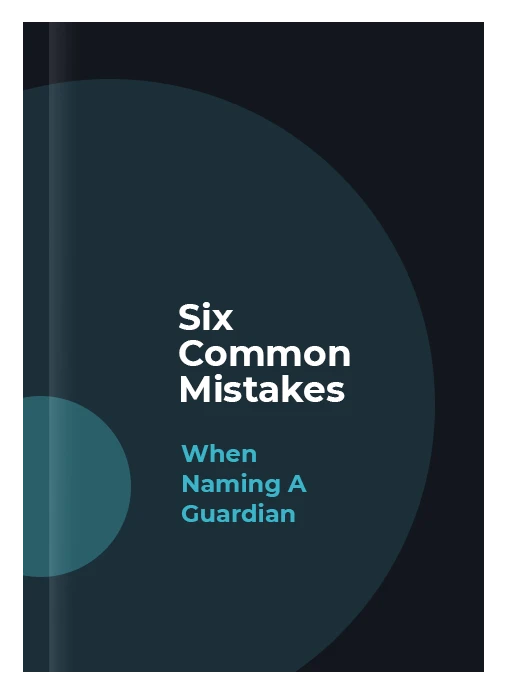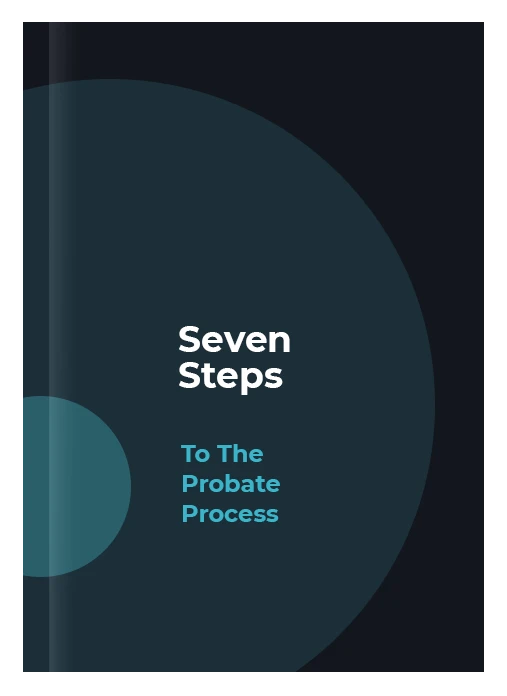



Dealing with complex legal matters—without the advocacy of a skilled Queens County lawyer—can be both stressful and tough. Let the Law Offices of Frank Bruno, Jr. provide you with the insightful counsel you deserve.
The Law Offices of Frank Bruno, Jr. has successfully handled thousands of cases during our 20+ years in practice. While elder law and estate planning are our main focus, we are well-equipped to navigate individuals through several legal circumstances, from family law and divorce to real estate law and evictions.
We provide all our clients with the personal representation they deserve. When you put us on your side, it’s imperative that we earn your trust in us. That’s why developing a strong relationship with you becomes our first order of business.
These guys are the definition of professional. The office is very clean and welcoming. They are experts in their field. Incredibly empathetic and very knowledgeable on all matters family law, divorce, real estate, and trusts and estates. I highly recommend!
Browse through our free downloadable guides for answers to frequently asked questions, common mistakes to avoid, myths, and more.




Although many people consider estate planning as merely writing a will, in actuality, it can serve many different interests both during your life and after you pass away. Your estate plan protects your hard-earned assets and investments and allows you to pass them on to loved ones after you’re gone. However, once you reach the age of retirement, estate planning becomes far more complicated. Depending on the worth of your investments and assets, as well as your overall goals and desires, you may wish to consider engaging in more extensive estate planning, including setting up trusts, appointing a power of attorney, or arranging a living will. Therefore, it is strongly suggested that you get started on a basic estate plan as soon as possible. This will help to provide the people that you trust to take care of you with effective protection and instruction if you are suddenly unable to manage your own affairs.
After you’ve put in a lifetime of hard work, you’ll understandably want to protect the assets and wealth you’ve acquired for yourself and for your family. A thorough estate plan can help in this endeavor by preserving the value of your investments and allowing you to transition them to your loved ones after you’re gone. Additionally, establishing guardianship on behalf of an incapacitated future inheritor can help protect the assets that you pass down from things like loss or waste. It can also help with a broad range of financial decisions for things like future investments, Medicaid, tax and estate planning, the establishment of special needs Trusts, medical and dental treatment decision-making, living arrangements, and more. There are a number of ways for you to protect your loved ones with the help of an experienced attorney from The Law Offices of Frank Bruno Jr. Call us today at 718-418-5000 or fill out our convenient online contact form to schedule a consultation with a member of our legal team. We can provide you with a personalized approach to help you plan for the future of your family.
Probate is the court process that looks after people who cannot make their own personal, health care and financial decisions. These people fall into three general categories: Minor Children (under age 18 in most states); Incapacitated Adults; and People who have died without legal arrangements to avoid probate. Probate proceedings can be expensive and time-consuming. Additionally, the court proceeding and associated documents are all a matter of public record.
Many people choose to avoid probate in order to save money, spare their heirs a legal hassle, and keep their personal affairs private.
This is the most common form of asset ownership between spouses. Joint tenancy (or TBE) has the advantage of avoiding probate at the death of the first spouse. However, the surviving spouse should not add the names of other relatives to their assets. Doing so may subject their assets to loss through the debts, bankruptcies, divorces and/or lawsuits of any additional joint tenants.
Joint tenancy planning also may result in unnecessary death taxes on the estate of a married couple.
The document a person signs to provide for the orderly disposition of assets after death. Wills do not avoid probate. Wills have no legal authority until the willmaker dies and the original will is delivered to the Surrogates’ Court (Probate Court). Still, everyone with minor children needs a will. It is the only way to appoint the new “parent” of an orphaned child. Special testamentary trust provisions in a will can provide for the management and distribution of assets for your heirs. Additionally, assets can be arranged and coordinated with provisions of the testamentary trusts to avoid death taxes.
A will is a written direction controlling the disposition of property at death. The laws of each state set the formal requirements for a legal will.
1. You, the maker of the will (called the testator), must be at least 18 years old.
2. You must be of sound mind at the time you sign your will.
3. Your will must be written.
4. Your will must be witnessed by two people in the special manner provided by law for wills.
5. It is necessary to follow exactly the formalities required for the execution of a will.
6. To be effective, your will must be proved in and allowed by the Surrogates’ Court.
No will becomes final until the death of the testator, and it may be changed or added to by the testator by drawing a new will or by a “codicil,” which is simply an addition or amendment executed with the same formalities of a will. A will’s terms cannot be changed by writing something in or crossing something out after the will is executed. In fact, writing on the will after its execution may invalidate part of the will or all of it.
Browse through our free downloadable guides for answers to frequently asked questions, common mistakes to avoid, myths, and more.



